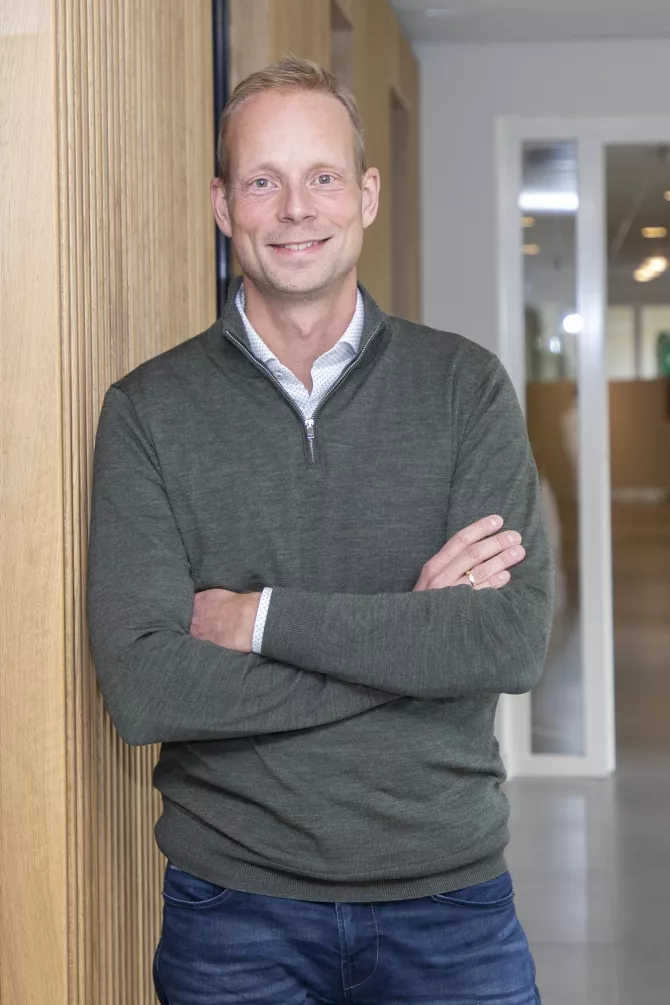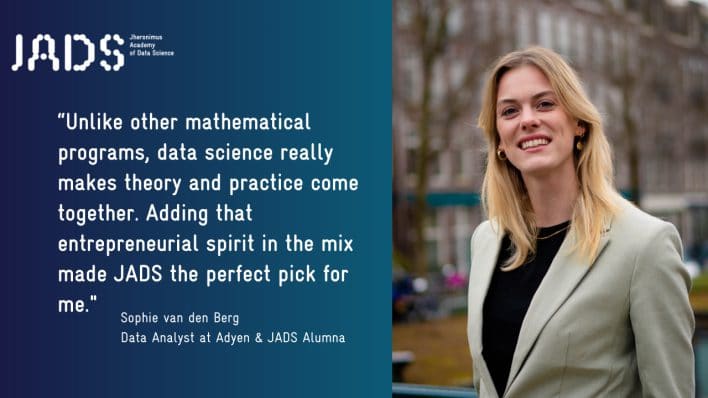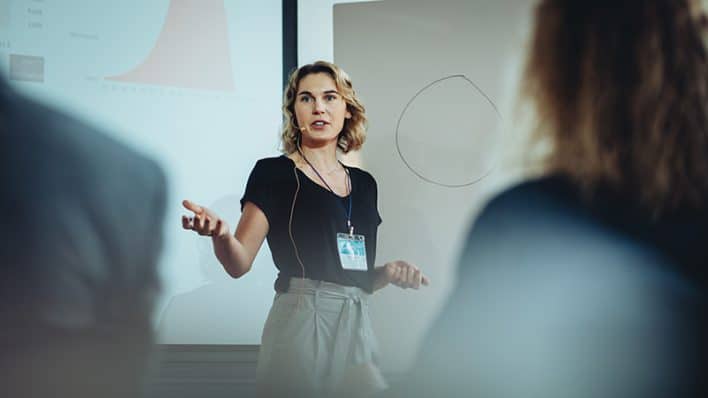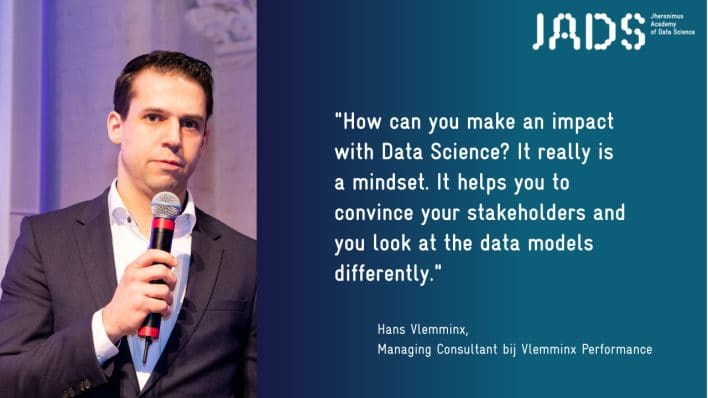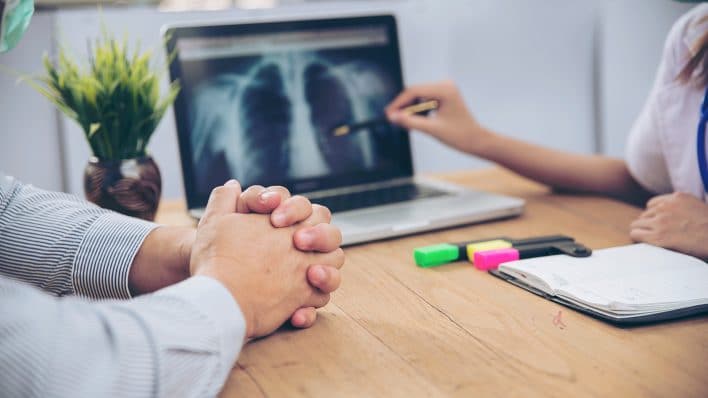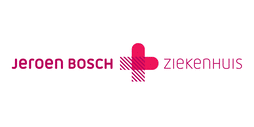Combating healthcare scarcity with data: what role will your hospital play?
Posted on
Healthcare is under pressure. Not just during the Covid-19 pandemic, but structurally. People these days live longer, often with multiple health conditions. With an aging population, tax revenues are declining. Although nearly 1/6 of the Dutch working population works in healthcare, there are still staffing shortages. Frank Niemantsverdriet, Healthcare Marketer at Amphia Hospital in Breda, is using data science to make healthcare more accessible.
Frank recounts: “As a marketer, I work with data about patient experiences. How can we keep our patients happy, in the light of these societal challenges? This is a very broad question, with links to prevention, working smarter and financial efficiency, but also to patient and staff satisfaction.” To acquire the knowledge and data skills to work on this broader question, Frank took the Data Science for Professionals course at JADS. This joint institute combines the innovative scientific approach of Eindhoven University of Technology with the entrepreneurial, people-focused expertise of Tilburg University.
Daniel Kapitan, a lecturer at JADS, says: “We focus on ideas that are applicable in daily practice. In data science, people often think of large-scale ‘sexy’ projects with artificial intelligence. I advocate working with simple algorithms instead. Every day, you come across hundreds of algorithms that make our lives just a little better. The same could apply in healthcare. Stock planning, risk prediction, making small improvements – together, hundreds of small projects add up to something big.”
Frank Niemantsverdriet, Healthcare Marketer at Amphia Hospital
Smart patch can tell when it’s safe to go home
One of Frank’s projects is a smart patch. This wearable may help predict who can safely go home. Or who needs earlier intervention. They are now scaling this project up at Amphia. Frank says, “I have strong support from JADS, especially in considering the perspective of the end user. I think we’re at the beginning of something big, which could improve healthcare throughout the Netherlands.”
Daniel finds these kinds of projects very valuable: “I was recently inspired by a nursing home looking to automate certain nighttime safety checks using home automation and drop sensors. This way, the night shift can be covered by a smaller team of caregivers, who will still have more time for residents. To achieve this, discussions and gradual implementation were key.”

Daniel Kapitan, lecturer at JADS
Data collaboration is essential
Having these discussions is also crucial to reconcile the right to privacy with the right to good healthcare. Daniel says, “Now, data about one person is spread across different healthcare institutions. With new cryptographic techniques, it has recently been shown that you can safely link data while preserving privacy. Together with Amphia and Dutch Hospital Data, we are exploring how we can collaborate with all healthcare institutions in this way.”
Frank adds: “Now that healthcare resources are in short supply, the drive to collaborate between hospitals is growing. People are increasingly aware of the opportunities data offers to address the current challenges. What role does your institution want to play in this? That is something that every hospital needs to make up their mind on.”
Seize your opportunity as a healthcare professional
Every healthcare professional has had, or will soon have, to deal with data and algorithms. For instance, smart equipment is helping detect tumors, and breathing equipment is determining optimal oxygen administration by itself. There is still much to be optimized in daily healthcare processes. Frank: “I advise anyone in the healthcare sector to familiarize themselves with the potential of data and digitalization. Our primary responsibility is providing good healthcare, but we also need to innovate – so that we can continue to focus on our patients. So don’t wait, but take action.”
